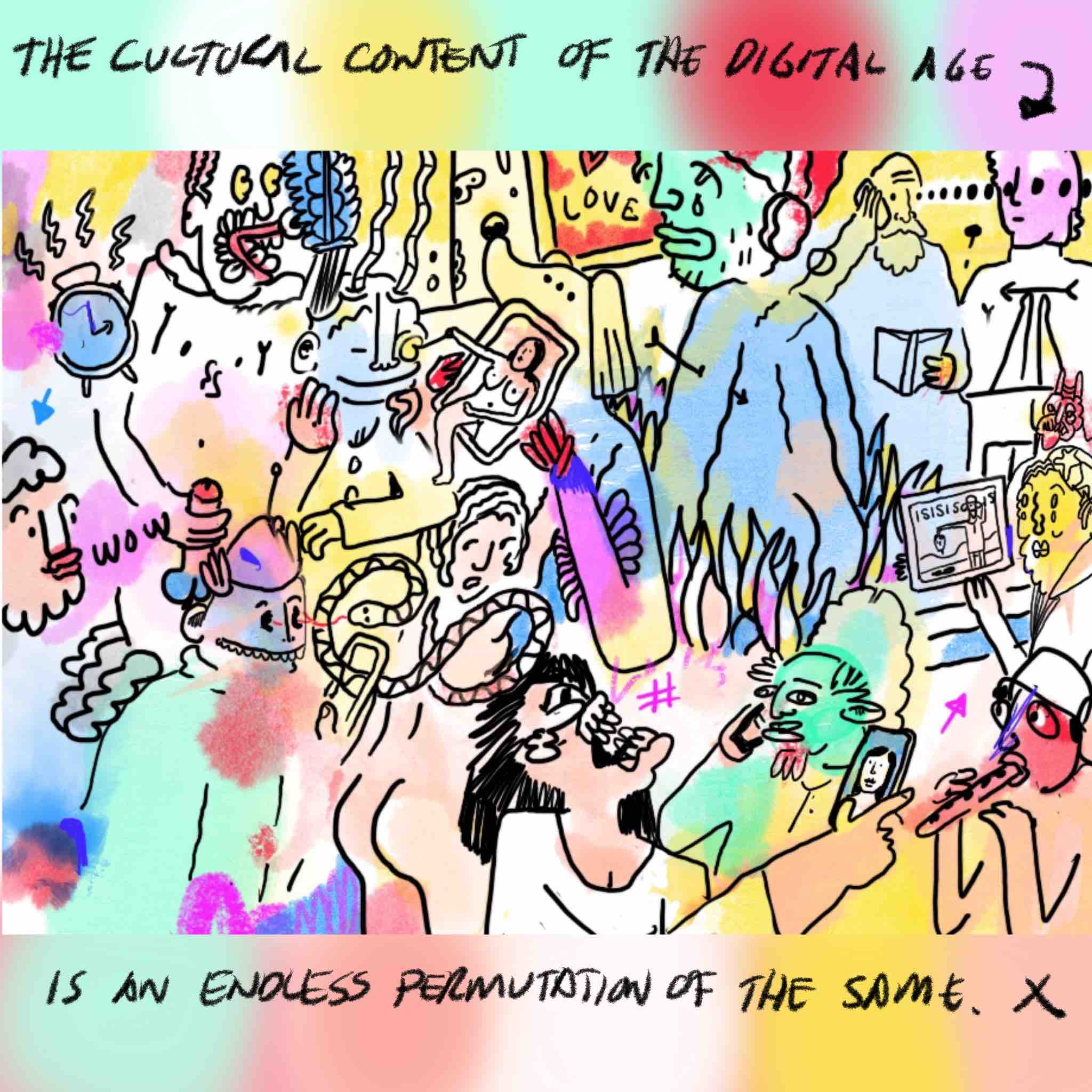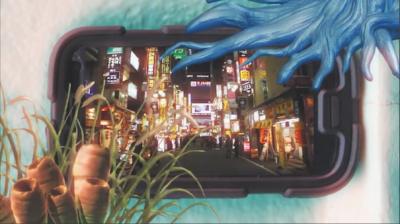
A Satire of Digital Culture?
Dux Content is one of the less well known but arguably most interesting acts under the umbrella of the controversial new London-based label PC Music. Their technical expertise, both with machines and traditional musical techniques, is a great example of the kitsch technocracy that accompanies the new aesthetics of digital cuteness pioneered by the label. The first of two commentaries on the music video «Life Style» by Dux Content (for the second commentary see here). From the Norient book Seismographic Sounds (see and order here).
Indeed, Dux Content is made up of PC Music’s manager, A. G. Cook and Danny L Harle, who is trained in classical composition. Alongside artists like Maxo and DV-i, they offer a powerful and provocative inversion to the lo-fi primitivism and minimalism of so much countercultural aesthetics since punk. It's one of the reasons why PC Music are so controversial and, perhaps, so punk.
The video for «Life Style» couldn’t be more emblematic of underground music’s new consciousness of culture’s mediation by technology in the contemporary era. What we see is one of today’s «devices» that looms in the silky void as God on the first day of creation. A blue light winks in readiness on its periphery – unread messages maybe? Then there is a storm of color. Two things flux with thrilling and intimidating speed: the content displayed on its screen and the customized decoration of the device. The former displays the Internet’s trash: adverts, memes, news, forums and image boards like 4chan. The decoration expresses all the difference in geography and individuality possible to the device’s (potential) owner. Each setting is an adventure, an identity, and many of them, like holiday snaps, hint at the exotically primitive or futuristic (or both). The music draws out the manic investment in the device still further with its triple-time hardstyle (one of the gaudiest, most intensely euphoric styles of music there is today) led by a screeching synth and powered by an enormous, relentless kickdrum. In a brief interlude, we lurch away from the device, dizzy, weightless, to catch our breath. But there is vertigo and no gravity here, no up and no down, and actually, no body to look down at. It is the cloud, and we spin as if in withdrawal or dizziness at the unframed breadth of the space. Better return to the scrolling images.

The video displays some key aesthetic arguments about the digital age: that its cultural content is rapid, intense and apparently diverse. But for all that, it is an endless permutation of the same – for it’s the device and our gaze on it that doesn’t differ – with everything outside it as a blue sky of directionless thought. Also characteristic is that while it might appear to technology-skeptics as a satire of digital culture (though a rather heavy-handed one), a more interesting way to understand it is to find a deep ambivalence for this new world and the disquieting thrill of dissolution within it.
This video is part of the Norient exhibition «Seismographic Sounds» and this commentary was published first in the correspondent Norient book.
Biography
Shop

Published on January 13, 2016
Last updated on April 10, 2024
Topics
A form of attachement beyond categories like home or nation but to people, feelings, or sounds across the globe.
From post-digital pop mocking the music history to Romanian folk music turning into a meme culture.
How does the artits’ relationship to the gear affect music? How to make the climate change audible?
Special
Snap





